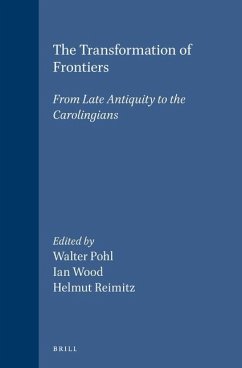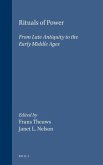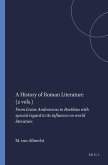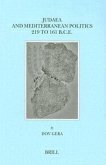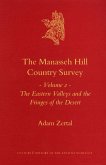The definition and notion of frontiers changed in the process of the transformation of the Roman world. This volume goes beyond topography to explore the meaning and impact of new frontiers as they were establised. It becomes clear that the transformation of frontiers was not a linear process in which the imperial frontiers were abandoned and the means of controlling them declined, but depended on specific circumstances. Four of the contributions deal with the frontiers of the Carolingian Empire in their political and military aspects, as well as in the context of Christian conversion and missions. Three of the contributions discuss Roman frontiers and their perception in late antiquity, demonstrating that they were not simply defence lines, but also a basis for offensive operations, a focus in elaborate exchange networks and a means of internal control. Other papers describe the frontiers of early medieval kingdoms, two of which propose theoretical models, whereas others analyse the construction and the blurring of frontiers between the empire and the kingdoms of the Visigoths, Lombards and Avars.
Hinweis: Dieser Artikel kann nur an eine deutsche Lieferadresse ausgeliefert werden.
Hinweis: Dieser Artikel kann nur an eine deutsche Lieferadresse ausgeliefert werden.

